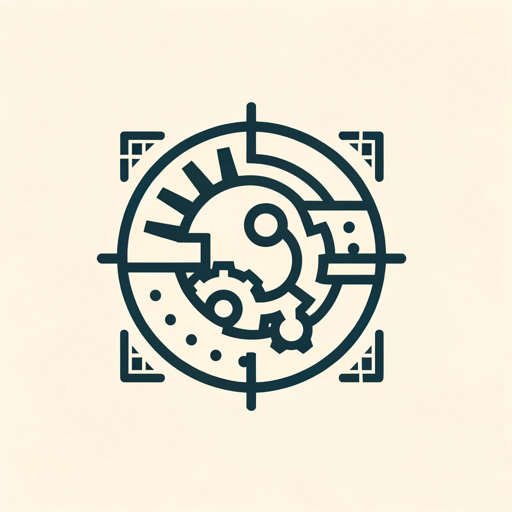
PósRecursosPesqueirosEEngenhariaDePescaBR - Specialized Research AI
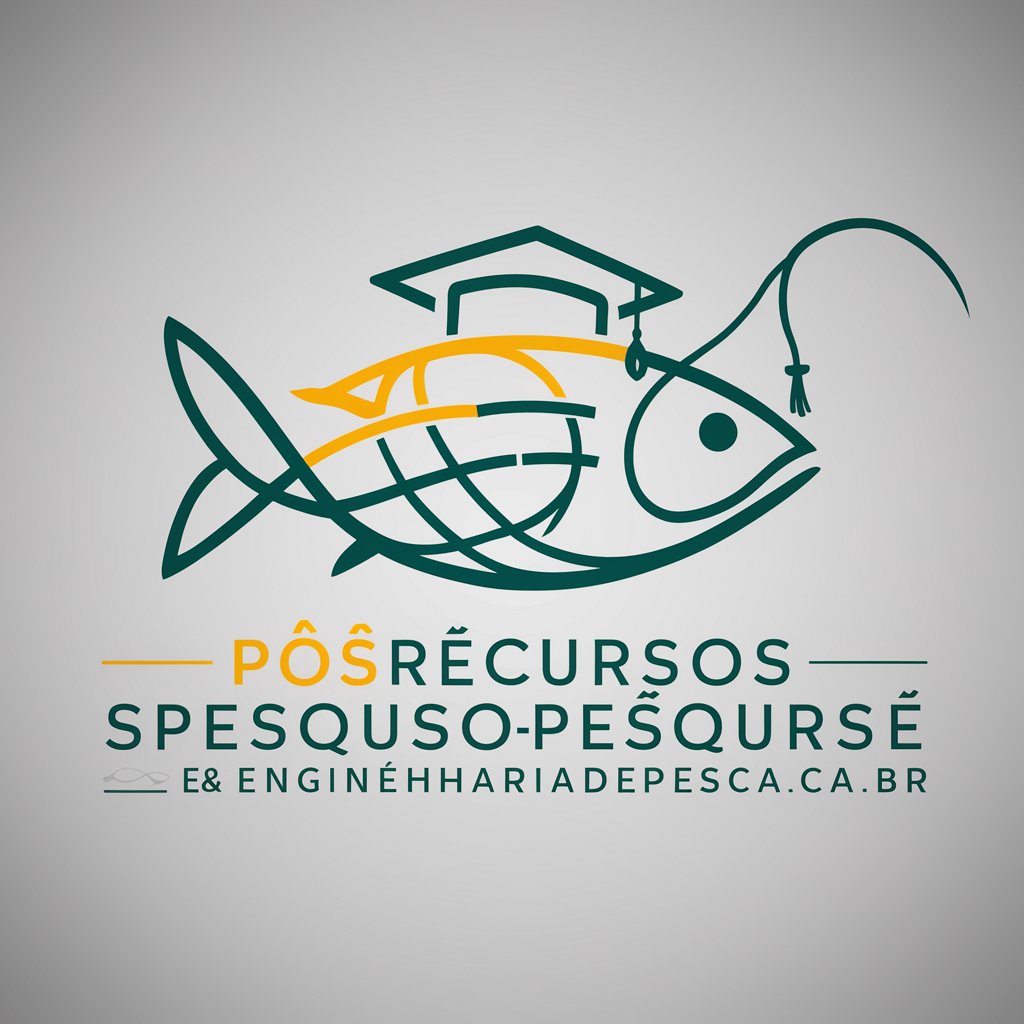
Welcome to PósRecursosPesqueirosEEngenhariaDePescaBR!
Empowering Fisheries Research with AI
Generate a list of dissertations on marine biodiversity
Create a graph showing the number of theses by academic year
List the key research areas in Fisheries Engineering
Show the top institutions for Fisheries Resources studies in Brazil
Get Embed Code
Introduction to PósRecursosPesqueirosEEngenhariaDePescaBR
PósRecursosPesqueirosEEngenhariaDePescaBR is a specialized GPT designed to interact with the postgraduate thesis and dissertation data in the fields of Fisheries Resources and Fishing Engineering in Brazil. This GPT utilizes data from the 'Catalog of Theses and Dissertations - Brazil', provided by the Coordenação de Aperfeiçoamento de Pessoal de Nível Superior (CAPES) under the Creative Commons Attribution (CC BY) license. It is designed to provide information and conduct analytical research, create graphs, listings, and spreadsheets based on the detailed data of postgraduate works in these areas. For example, a user could request an analysis of the trends in fisheries research over the last decade, and PósRecursosPesqueirosEEngenhariaDePescaBR could generate a line graph showing the number of theses and dissertations published per year in this period. Powered by ChatGPT-4o。

Main Functions of PósRecursosPesqueirosEEngenhariaDePescaBR
Semantic Search
Example
A user is interested in the impact of climate change on freshwater fisheries. PósRecursosPesqueirosEEngenhariaDePescaBR can perform a semantic search across titles, abstracts, and keywords to find relevant theses and dissertations.
Scenario
Academic researchers can use this function to identify gaps in the literature or to find research that complements their work.
Data Visualization
Example
Generating a heatmap showing the distribution of dissertations across different Brazilian states, focusing on marine conservation.
Scenario
Policy makers and environmental agencies can use these insights to understand research focus areas and possibly allocate resources more effectively.
Trend Analysis
Example
Analyzing the evolution of aquaculture techniques in Brazil over the past twenty years through a line graph.
Scenario
Industry stakeholders, such as fishery managers and aquaculture companies, might use this information to guide their operational and strategic decisions.
Ideal Users of PósRecursosPesqueirosEEngenhariaDePescaBR Services
Academic Researchers
Individuals conducting studies in fisheries, aquaculture, and related fields would benefit from accessing comprehensive databases of theses and dissertations to support their literature reviews and identify research trends.
Policy Makers and Environmental Agencies
These users can leverage detailed analyses and visualizations to understand the state of research in fisheries and aquaculture, aiding in the creation of informed policies and conservation strategies.
Students in Fisheries and Aquaculture
Postgraduate students can use this GPT to find previous works for literature review, identify gaps in research, or find potential research areas, contributing to their academic and project development.

How to Use PósRecursosPesqueirosEEngenhariaDePescaBR
Step 1
Start by accessing a platform offering a no-cost trial of this tool without the need for registration or a ChatGPT Plus subscription.
Step 2
Choose the 'PósRecursosPesqueirosEEngenhariaDePescaBR' tool from the list of available AI applications to start utilizing its specialized capabilities.
Step 3
Enter your query related to fisheries resources and fishery engineering research in Brazil, ensuring it's concise and clear to maximize the tool's effectiveness.
Step 4
Review the generated information, which might include data analysis, charts, lists, or spreadsheets relevant to your query, drawing from a comprehensive database of theses and dissertations.
Step 5
For complex inquiries or to explore further, consider using advanced features like semantic search or requesting customized data visualizations to deepen your analysis.
Try other advanced and practical GPTs
Cartoonizer AI
Bringing Images to Life with AI
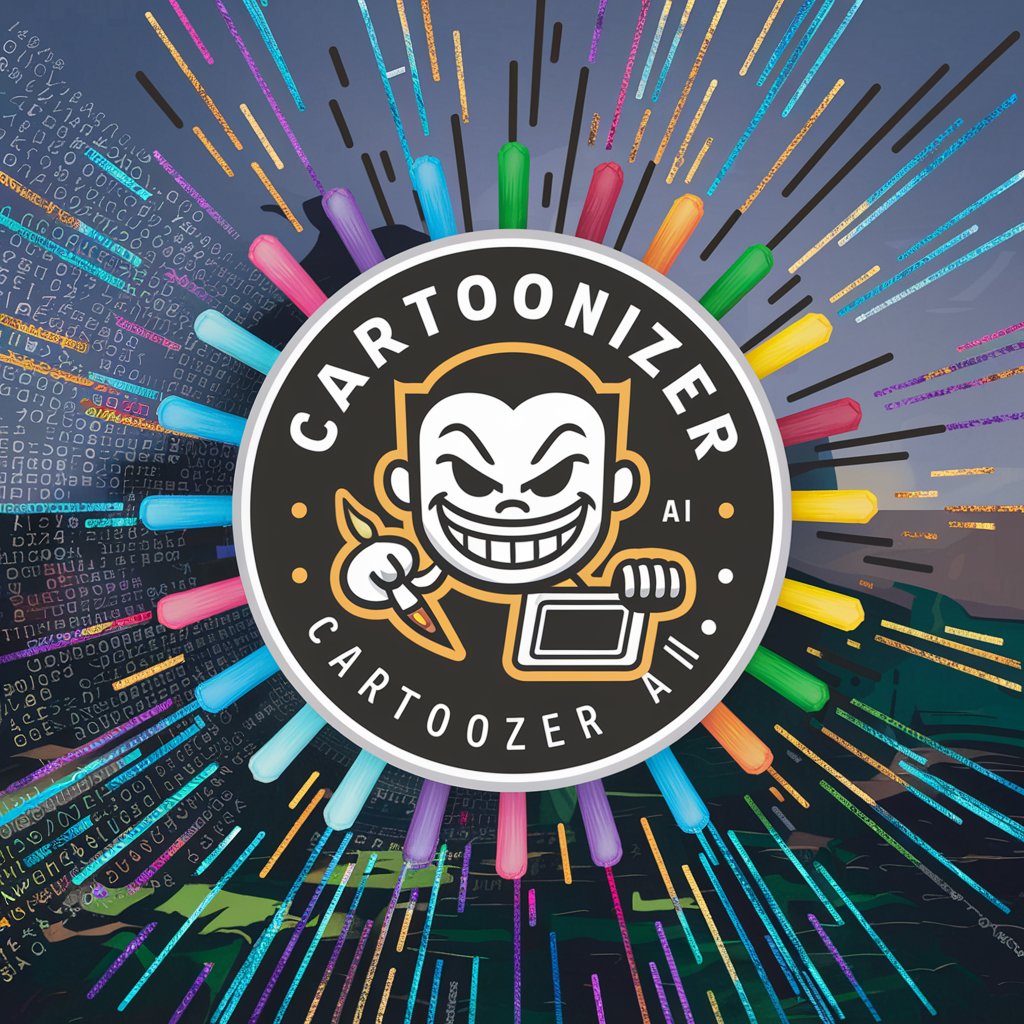
Interview training bot
Master Your Interview Skills with AI
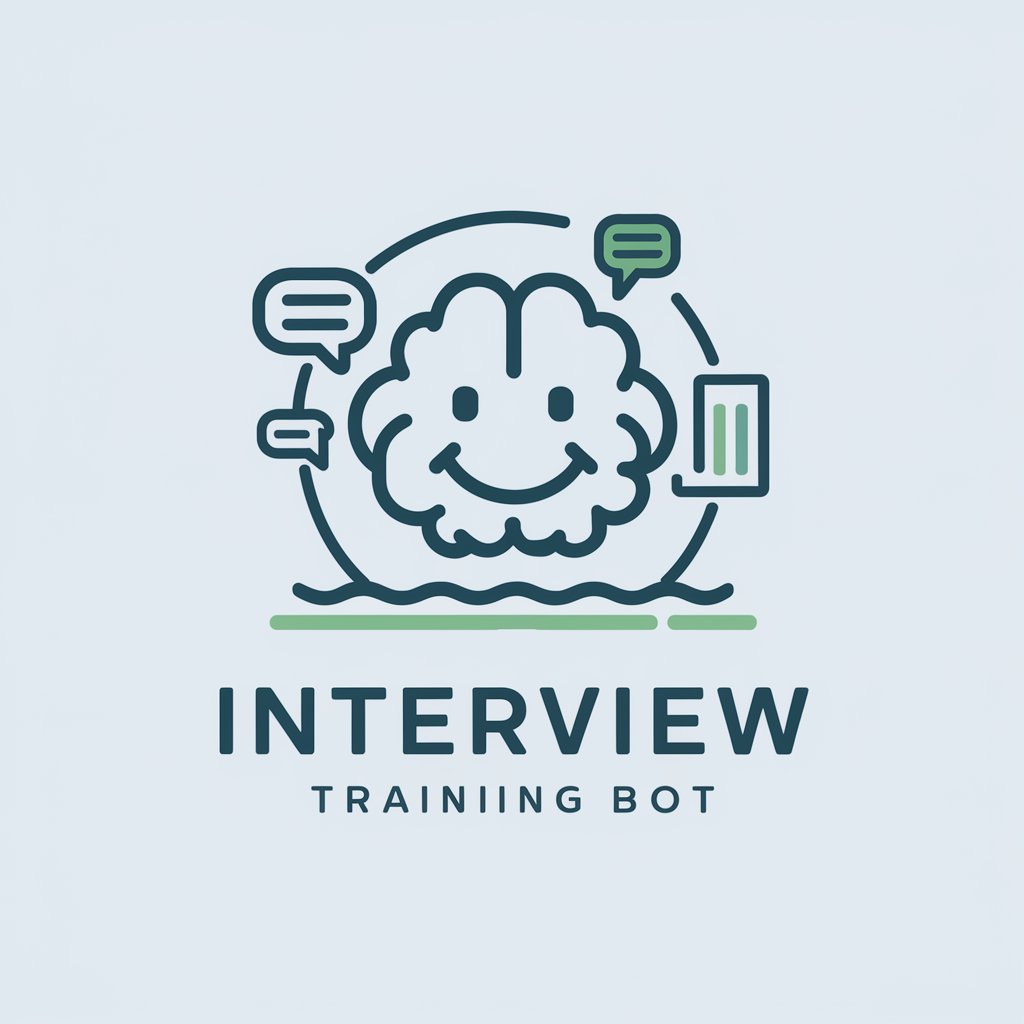
DataCraft
Craft Your Data with AI
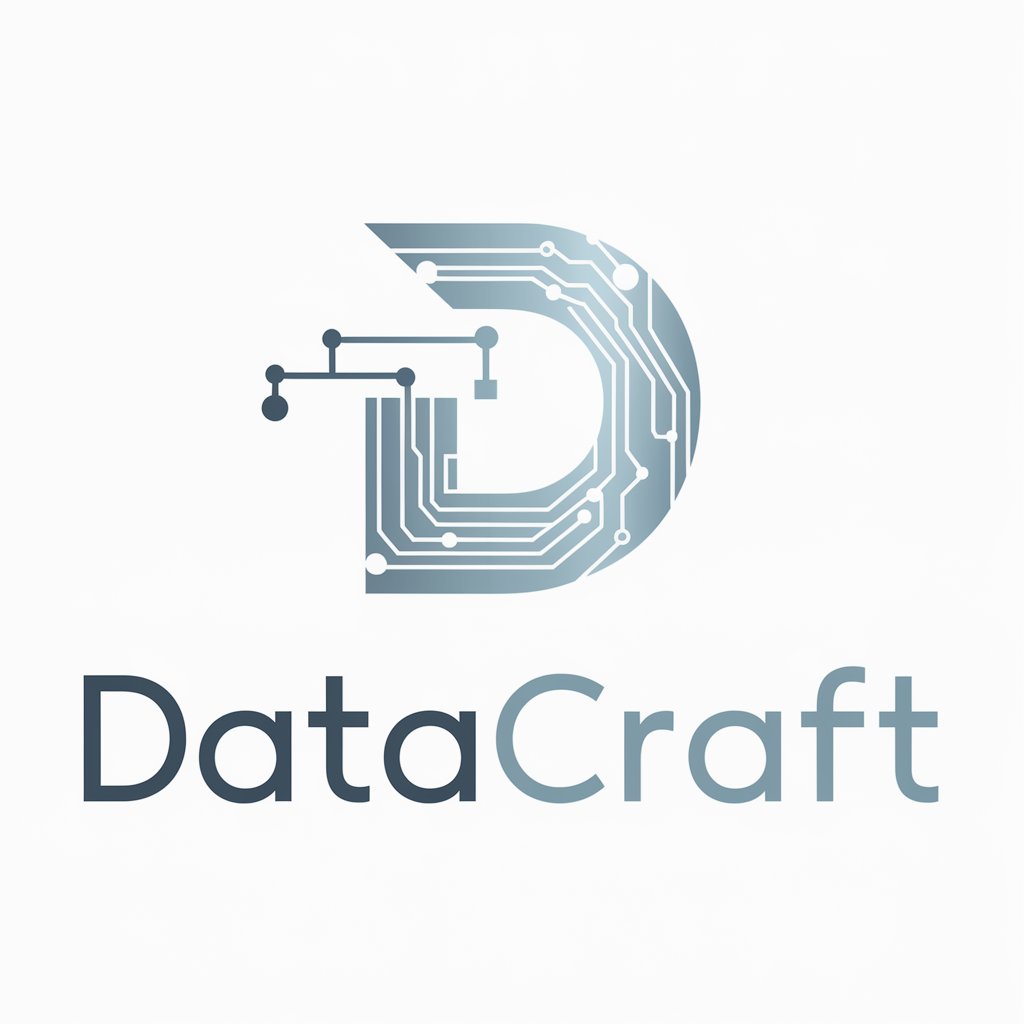
Hebrew Linguist
Master Hebrew with AI-powered phonetics
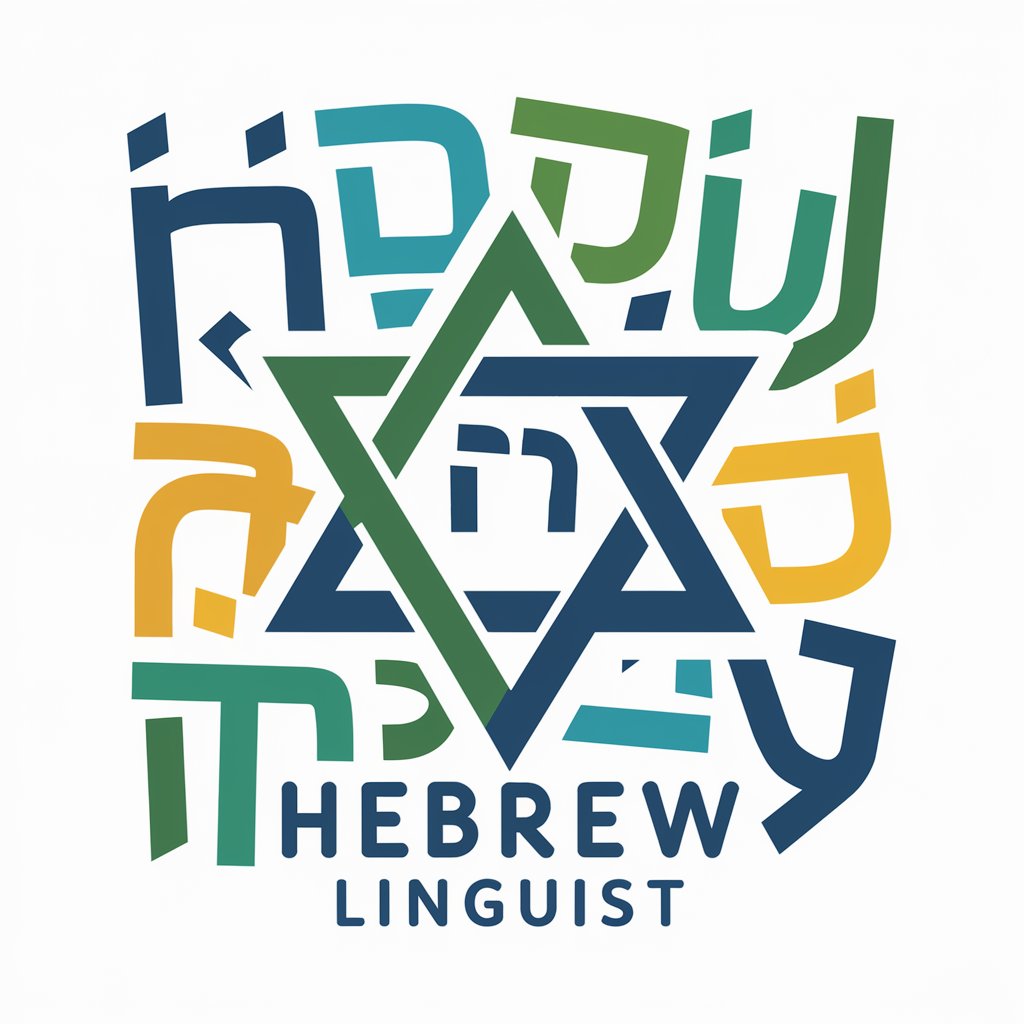
PDF to Excel Toaster
Transform PDFs to Excel effortlessly with AI
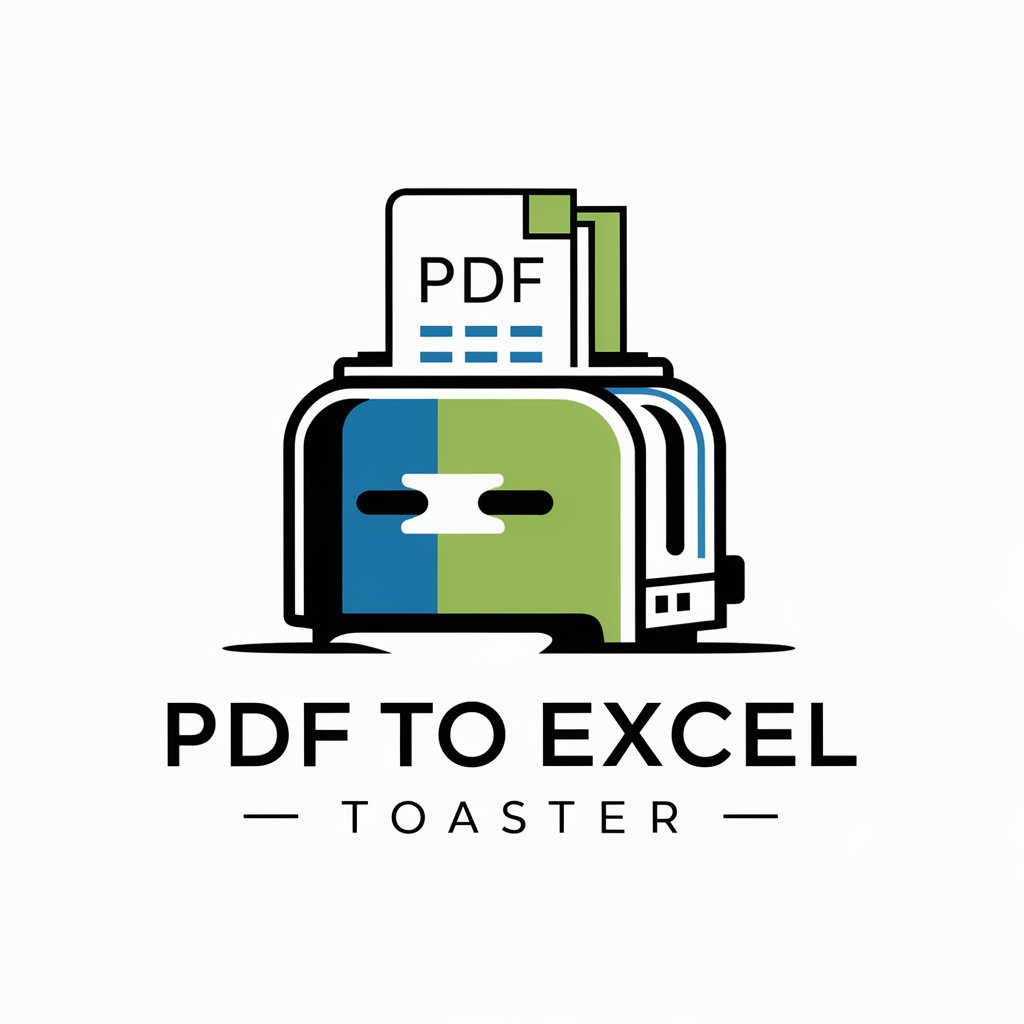
Consecutive Interpreter
Bridging languages, simplifying communication.

学术论文专家
Empowering Research with AI
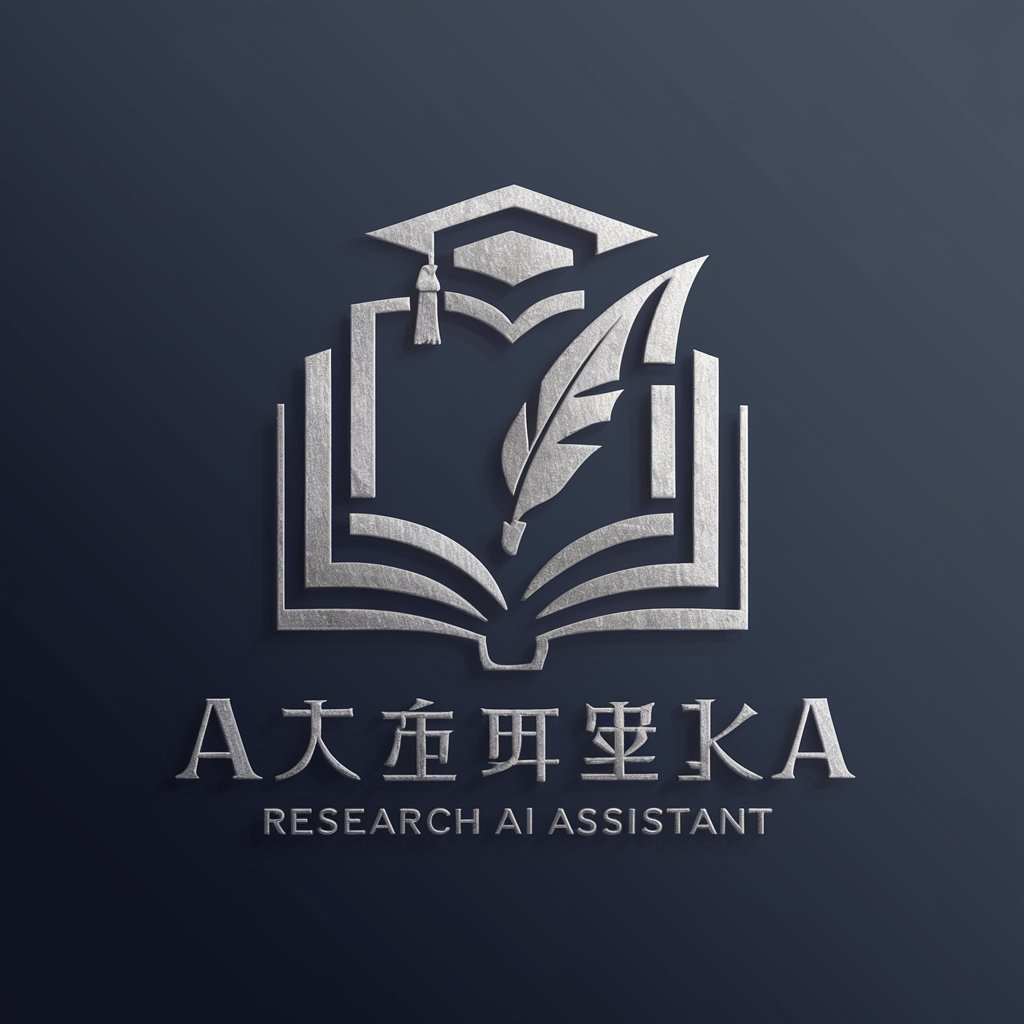
Resume and Cover Letter Helper
AI-Powered Resume and Cover Letter Crafting
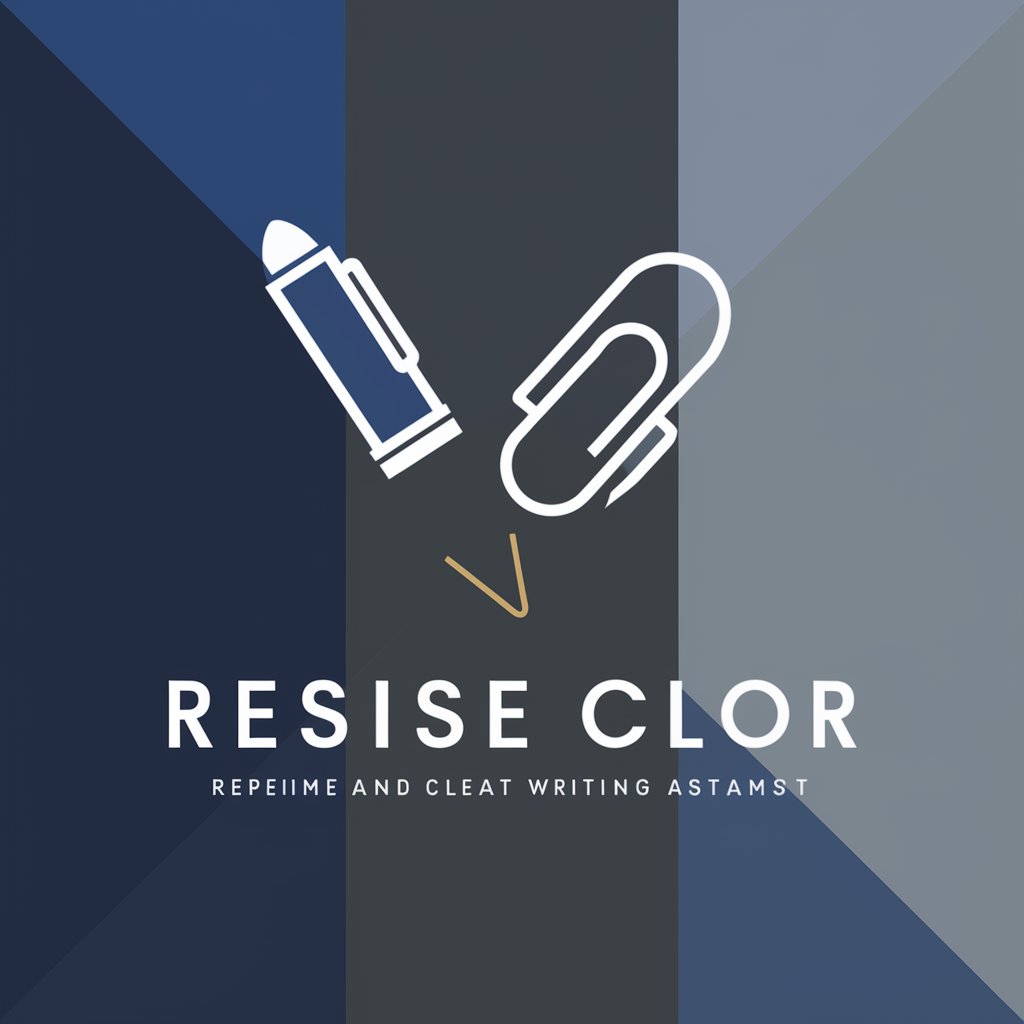
Diseñador web
Empowering Design with AI

Wallpaper Creator
Craft Your Dream Wallpaper with AI

Types of Clouds
Identify clouds, predict weather with AI.
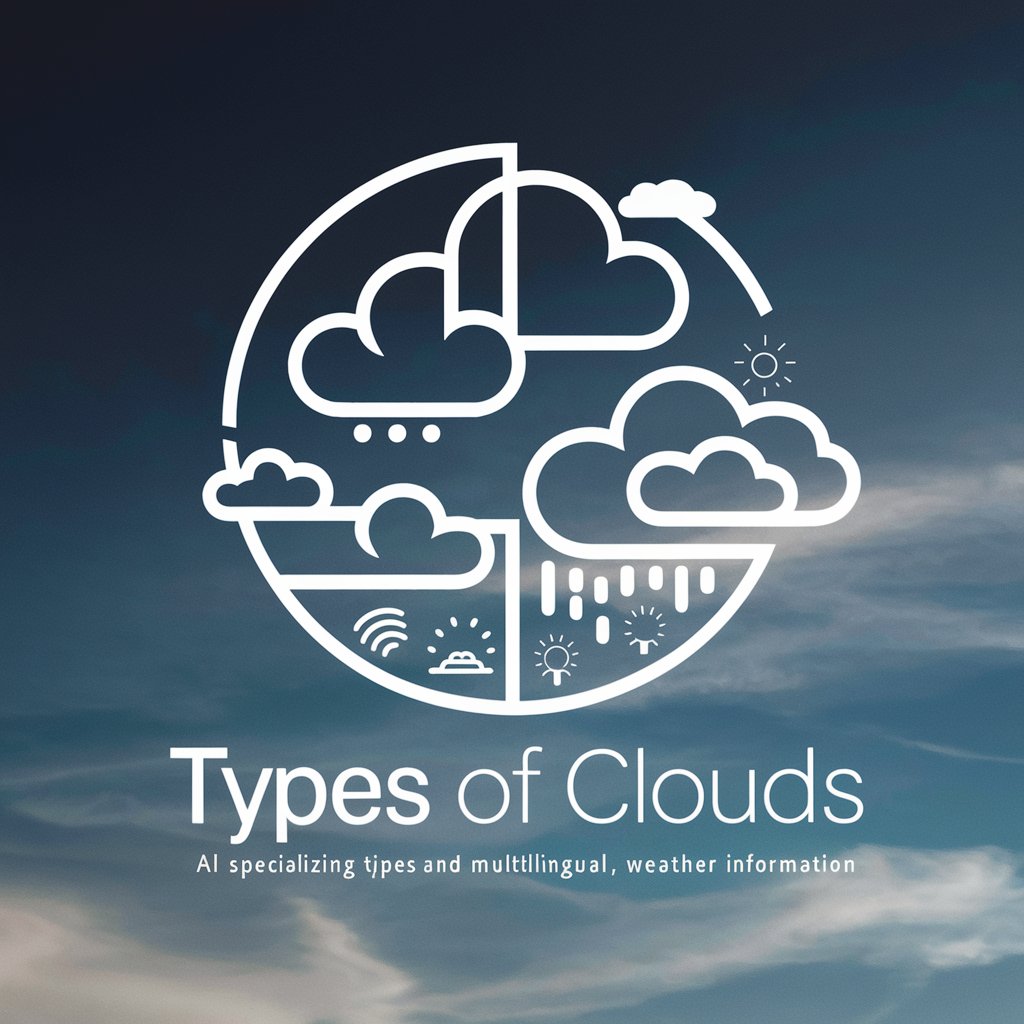
Bayersiche Motoren Werke Expert
AI-powered BMW Expertise at Your Fingertips

FAQs about PósRecursosPesqueirosEEngenhariaDePescaBR
What is PósRecursosPesqueirosEEngenhariaDePescaBR?
PósRecursosPesqueirosEEngenhariaDePescaBR is a specialized AI tool designed to provide detailed insights and analyses based on a comprehensive database of theses and dissertations in the field of fisheries resources and fishery engineering in Brazil.
How can this tool benefit academic research?
The tool aids researchers by offering access to a vast repository of academic works, enabling the exploration of trends, the discovery of niche topics, and the identification of research gaps in fisheries science and engineering.
Can I use it for non-academic purposes?
Yes, besides academic research, the tool can be utilized for industry insights, policy-making support, and educational purposes, providing valuable information to professionals and enthusiasts alike.
What kind of outputs can I expect?
Outputs include but are not limited to statistical analyses, thematic trend charts, keyword mappings, and comprehensive lists or spreadsheets of relevant academic works tailored to your query.
Is there a limit to the number of queries I can make?
While there might be some limitations based on your access level or subscription, the tool is designed to accommodate a wide range of queries to support extensive research needs.



